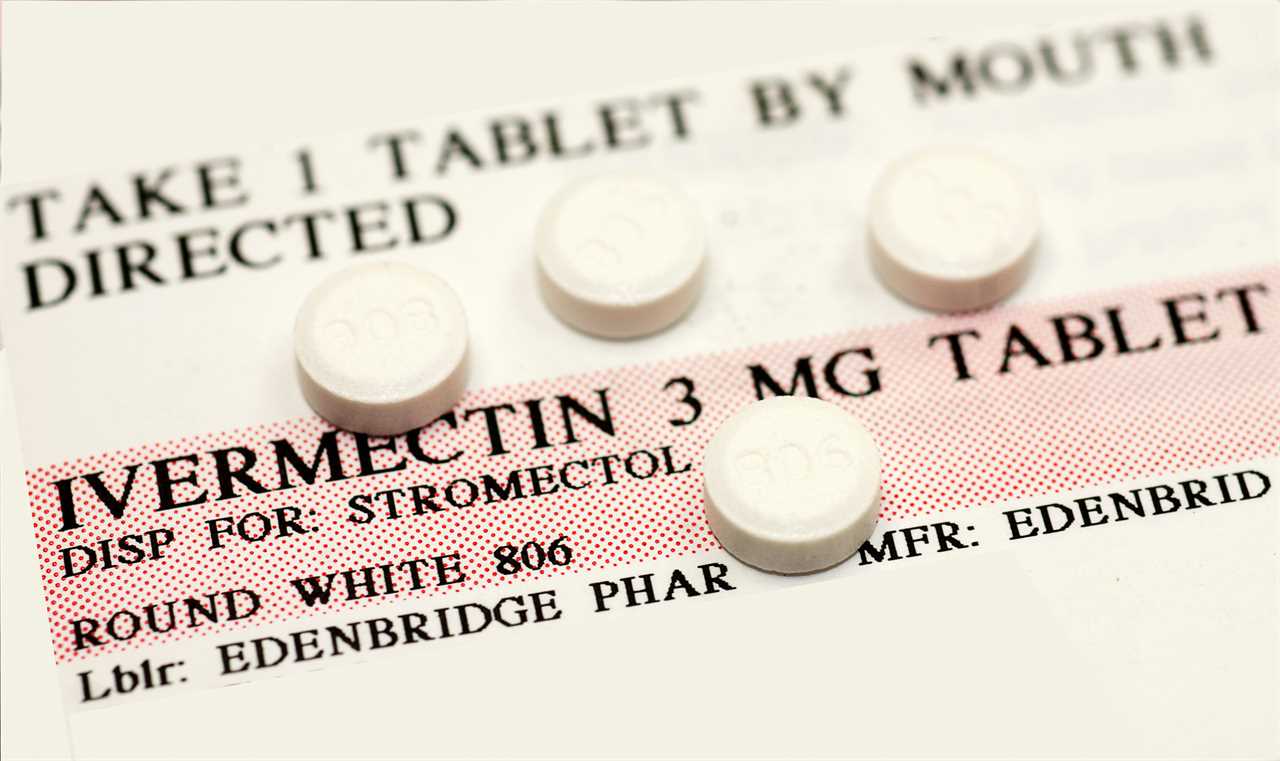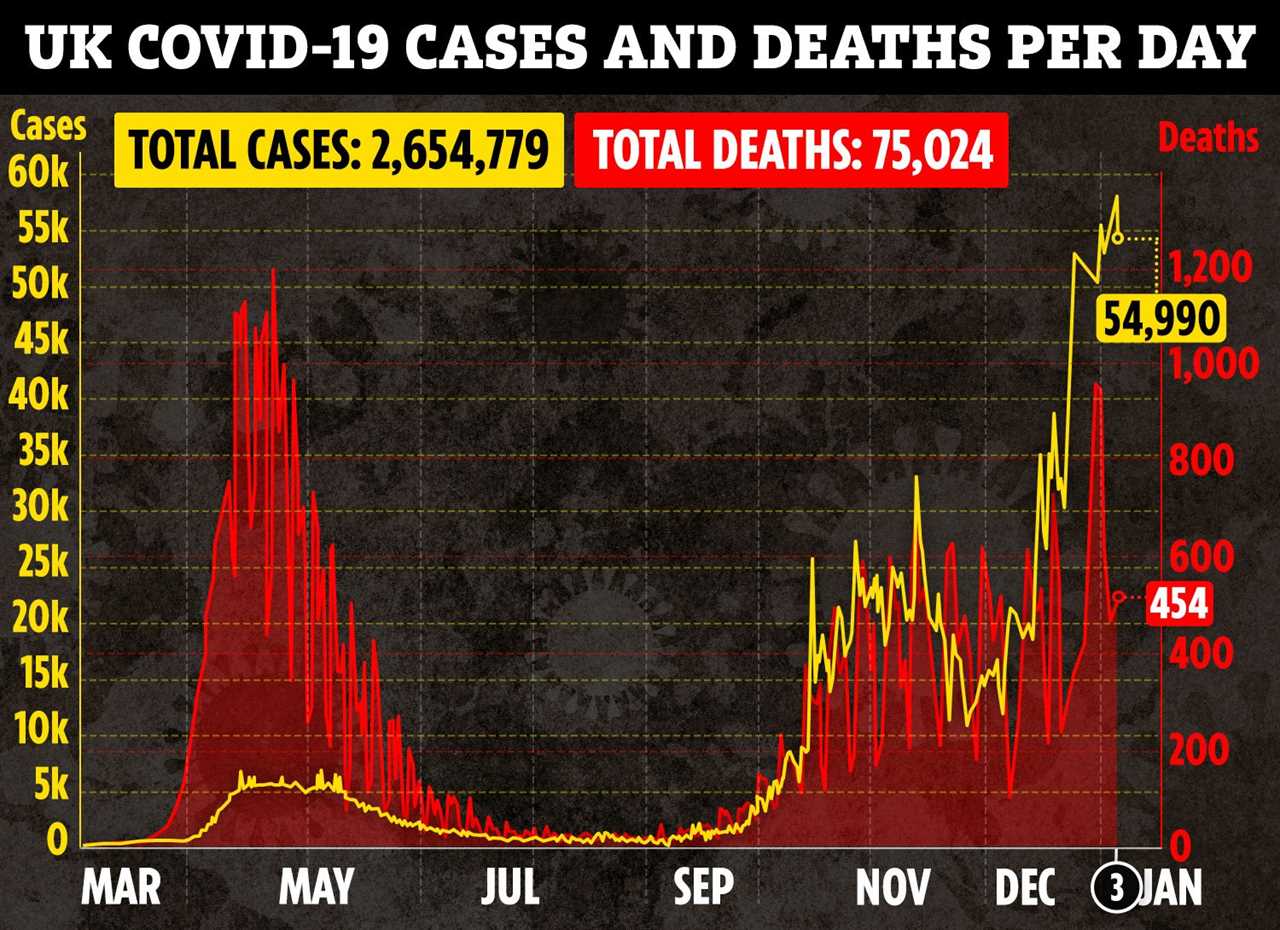A CHEAP head lice drug could slash deaths caused by coronavirus by as much as 80 per cent, experts have claimed.
Scientists believe that Ivermectin – which costs just £1 – could be an “important weapon” in the fight against Covid-19.

The drug is an antiparasitic and is used to treat head lice, scabies and can be taken orally or by applying to the area of the skin which is infected.
Ivermectin costs between $1 and $2 for a full treatment course and one expert said it could be a “promising” antiviral drug.
Professor Andrew Hill, who works at Liverpool University was commissioned by the World Health Organisation to evaluate the drug, The Times reported.
In a drug trial, patients were randomly assigned a placebo or Ivermectin.
The team looked at 11 trials with more than 1,000 patients and the trials were mainly conducted in the developing world.
Patients involved in the trial had cleared themselves of Covid-19 in half the usual time which for most people is up to two weeks.
Of the patients taking Ivermectin, eight died, while 44 given the placebo drug died.
The data also found that the drug cut deaths by 80 per cent for people who had been admitted to hospital.
‘TRANSFORMATIVE TREATMENT’
The analysis from the trials is due to be published later this month and Dr Hill said Ivermectin could be an important tool in stopping Covid taking hold in the developing world.
He said the findings could be crucial as many areas struggle with a second wave: “It’s very attractive, because it costs between $1 and $2 for a treatment course.
“The combined data may be large enough to get to World Health Organisation recommendations for treatment being used worldwide.
“If we see these same trends consistently across more studies, then this really is going to be a transformative treatment”, he added.

Researchers suggested that the cheap head lice drug work by interfering with the life cycle of the coronavirus.
Scientists say it could be used as an anti inflammatory.
At the start of the coronavirus pandemic, various anti inflammatory drugs were trialled for use against the virus.
Drugs such as hydroxychloroquine and tocilizumab were trialled but then under performed in wider trials.
Treatments such as dexamethasone proved useful in the fight against the virus.
When other patients are admitted to hospital – the aim is to support their lung capacity – which is why some end up on ventilators.
While the prospect of the head lice drug is promising, some experts have questioned the new research and had heeded caution.
Professor Peter Horby, of Oxford University said the data had not yet been peer reviewed and said that the mortality data didn’t involve enough cases.
Speaking to The Times he said the data was “interesting, perhaps encouraging, but not yet convincing”.
The most recent trials from the drug, involving around 5,000 patients, have not yet reported their results.
The news of the new treatment comes as the first British pensioner today received the Oxford AstraZeneca coronavirus vaccine.
This will be rolled out across the country alongside the Pfizer/BioNTech offering.






